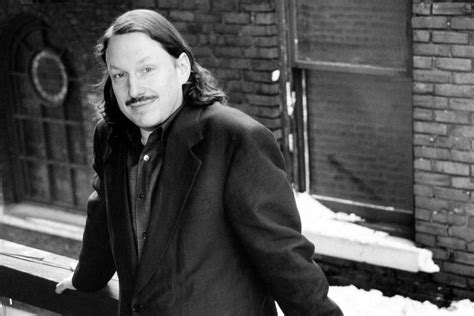A Quote by Brian Sewell
Art criticism everywhere is now at a low ebb, intellectually corrupt, swamped in meaningless jargon, distorted by political correctitudes, anxiously addressed only to other critics and their ilk.
Related Quotes
Any negative review you write, they'll say, "Oh, you're being so mean." I think the problem with a lot of criticism is that too many critics either write just description or they write in a Mandarin jargon that only a handful of people can understand, or they write happy criticis - everything is good that they write about. I think that's really not good. I think it's damaged a lot of our critical voices.
To create such people, such People's Representatives in Indonesia, would take decades, and they can only grow up in a fundamentally different political system, and in a totally new culture. What is now governing Indonesia is morally defunct, it is corrupt. What is ruling the country now is not even a culture or a political system: it is a disease.
Read as little as possible of literary criticism - such things are either partisan opinions, which have become petrified and meaningless, hardened and empty of life, or else they are just clever word-games, in which one view wins today, and tomorrow the opposite view. Works of art are of an infinite solitude, and no means of approach is so useless as criticism.

































